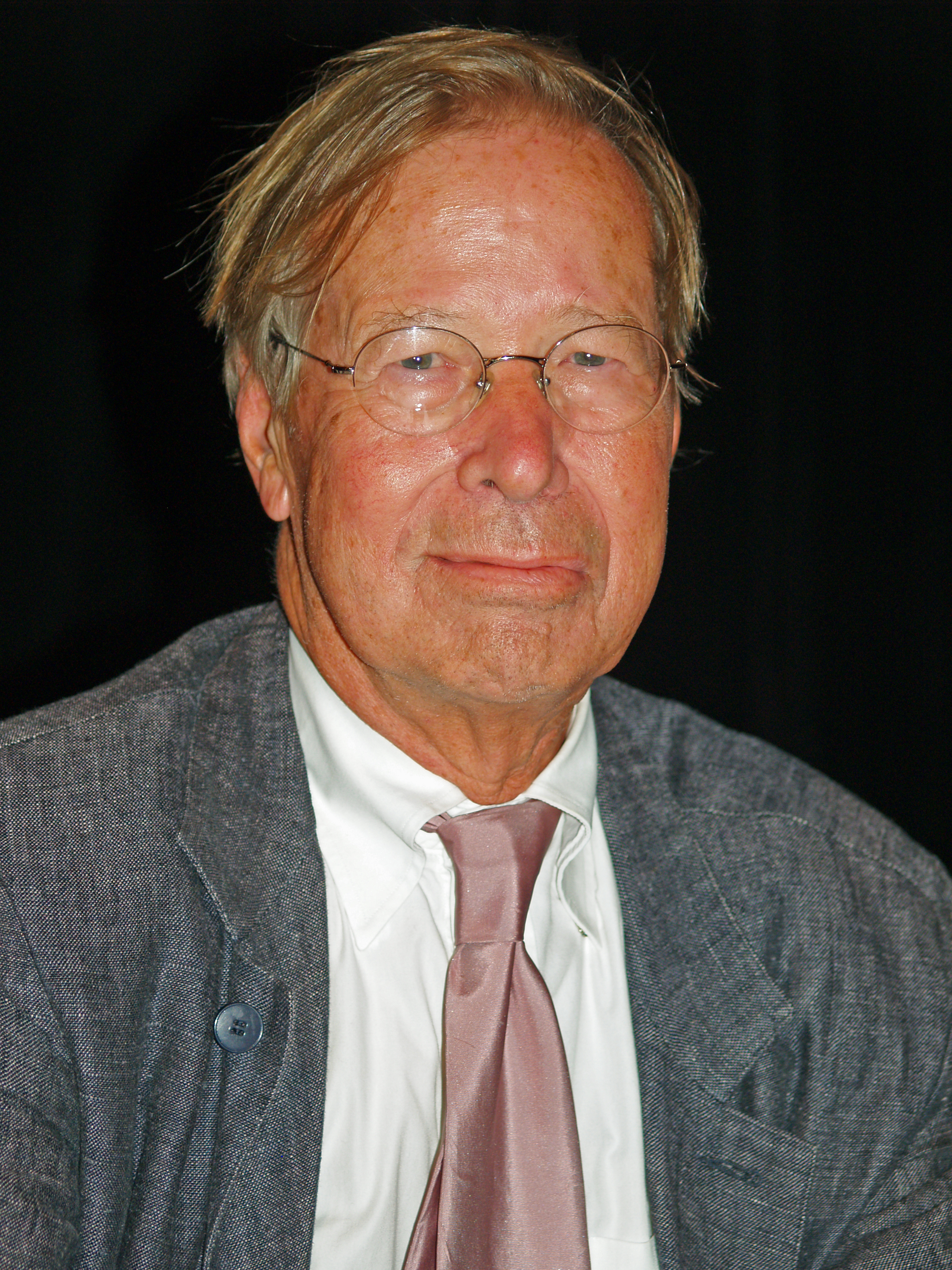Suggested Topics within your search.
Suggested Topics within your search.
ateizmus
1
Exclude matching results
atheism
1
Exclude matching results
freedom of religion
1
Exclude matching results
interdisciplinary context
1
Exclude matching results
interpretácia práva
1
Exclude matching results
medziodborový kontext
1
Exclude matching results
náboženská viera
1
Exclude matching results
náboženský život
1
Exclude matching results
náboženstvo
1
Exclude matching results
právna filozofia
1
Exclude matching results
relativistic cosmology
1
Exclude matching results
relativistická kosmológia
1
Exclude matching results
religion
1
Exclude matching results
religious faith
1
Exclude matching results
religious life
1
Exclude matching results
sloboda vyznania
1
Exclude matching results
ústavné právo
1
Exclude matching results
Ronald Dworkin
 Ronald Myles Dworkin (; December 11, 1931 – February 14, 2013) was an American legal philosopher, jurist, and scholar of United States constitutional law. At the time of his death, he was Frank Henry Sommer Professor of Law and Philosophy at New York University and Professor of Jurisprudence at University College London. Dworkin had taught previously at Yale Law School and the University of Oxford, where he was the Professor of Jurisprudence, successor to philosopher H. L. A. Hart.
Ronald Myles Dworkin (; December 11, 1931 – February 14, 2013) was an American legal philosopher, jurist, and scholar of United States constitutional law. At the time of his death, he was Frank Henry Sommer Professor of Law and Philosophy at New York University and Professor of Jurisprudence at University College London. Dworkin had taught previously at Yale Law School and the University of Oxford, where he was the Professor of Jurisprudence, successor to philosopher H. L. A. Hart.An influential contributor to both philosophy of law and political philosophy, Dworkin received the 2007 Holberg International Memorial Prize in the Humanities for "his pioneering scholarly work" of "worldwide impact". According to a survey in ''The Journal of Legal Studies'', Dworkin was the second most-cited American legal scholar of the twentieth century. After his death, Harvard legal scholar Cass Sunstein said Dworkin was "one of the most important legal philosophers of the last 100 years. He may well head the list."
His theory of law as integrity as presented in his book ''Law's Empire'', in which judges interpret the law in terms of consistent moral principles, especially justice and fairness, is among the most influential contemporary theories about the nature of law. Dworkin advocated a "moral reading" of the United States Constitution, and an interpretivist approach to law and morality. He was a frequent commentator on contemporary political and legal issues, particularly those concerning the Supreme Court of the United States, often in the pages of ''The New York Review of Books''. Provided by Wikipedia
-
1
-
2